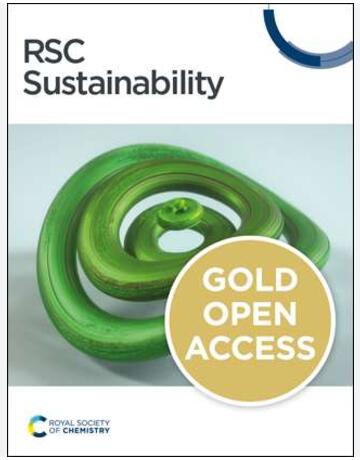Enhancing Emotional Stability and Mental Comfort in Older Adults through a Nostalgic VR Game: A Technology Acceptance Model Analysis
IF 3.3
3区 环境科学与生态学
Q2 ENVIRONMENTAL SCIENCES
引用次数: 0
Abstract
Upon observing the daily lives of older adults, they often experience comfort and emotional stability through nostalgic memories. Hence, this study develops a nostalgic VR game from which older adults can obtain a similar sense of comfort and emotional satisfaction. This study extends the technology acceptance model (TAM) to analyze factors influencing older adults’ intention to adopt this VR game. The study involved 102 older adults who participated in the VR experience. The VR game was developed using the Unity engine, designed specifically to trigger nostalgic memories. The analysis shows that the questionnaire was highly reliable. The analysis also revealed that PEOU significantly influences PU (β = 0.559, p < 0.001) and PE (β = 0.694, p < 0.001). PU positively impacts HIPG (β = 0.321, p < 0.05), while ATG strongly influences HIPG (β = 0.270, p < 0.01). The extended TAM model explained 57.3% of the variance in HIPG (R2 = 0.573), indicating the substantial impact of these factors on older adults’ intention to engage with the VR game. These results provide valuable insights for developers and healthcare providers aiming to integrate VR as a health tool for older adults.通过怀旧 VR 游戏增强老年人的情绪稳定性和心理舒适度:技术接受模型分析
在观察老年人的日常生活时,他们往往能通过怀旧回忆获得舒适感和情绪稳定。因此,本研究开发了一款怀旧 VR 游戏,让老年人从中获得类似的舒适感和情感满足感。本研究扩展了技术接受模型(TAM),分析了影响老年人采用这款 VR 游戏意向的因素。研究涉及 102 名参与 VR 体验的老年人。这款 VR 游戏是使用 Unity 引擎开发的,专为触发怀旧记忆而设计。分析表明,问卷的可靠性很高。分析还显示,PEOU 对 PU(β = 0.559,p < 0.001)和 PE(β = 0.694,p < 0.001)有显著影响。PU 对 HIPG 有积极影响(β = 0.321,p < 0.05),而 ATG 对 HIPG 有强烈影响(β = 0.270,p < 0.01)。扩展的 TAM 模型解释了 57.3% 的 HIPG 方差(R2 = 0.573),表明这些因素对老年人参与 VR 游戏的意愿产生了重大影响。这些结果为旨在将 VR 作为老年人健康工具的开发者和医疗保健提供者提供了宝贵的见解。
本文章由计算机程序翻译,如有差异,请以英文原文为准。
求助全文
约1分钟内获得全文
求助全文
来源期刊

Sustainability
ENVIRONMENTAL SCIENCES-ENVIRONMENTAL SCIENCES
CiteScore
6.80
自引率
20.50%
发文量
14120
审稿时长
17.72 days
期刊介绍:
Sustainability (ISSN 2071-1050) is an international and cross-disciplinary scholarly, open access journal of environmental, cultural, economic and social sustainability of human beings, which provides an advanced forum for studies related to sustainability and sustainable development. It publishes reviews, regular research papers, communications and short notes, and there is no restriction on the length of the papers. Our aim is to encourage scientists to publish their experimental and theoretical research relating to natural sciences, social sciences and humanities in as much detail as possible in order to promote scientific predictions and impact assessments of global change and development. Full experimental and methodical details must be provided so that the results can be reproduced.
 求助内容:
求助内容: 应助结果提醒方式:
应助结果提醒方式:


